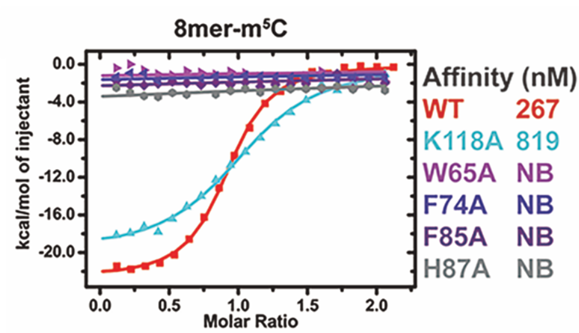The role of modified RNA is just as important to life as unmodified RNA. However, scientists are still determining the regulatory mechanisms behind the different modified RNA, and recent research conducted by an international team could lead to an improved understanding of germline stem cell development.
In February, Department of Biology Research Associate Professor Li Sisi published a paper with Stower Research Institute, Dr. Xie Ting, in the Proceedings of the National Academy of Sciences of the United States of America (PNAS) under the title of “Drosophila ybx1 homologyps promotes ovarian germ line stem cell development by preferentially recognizing 5-methylcytosine RNAs.” They investigated the function of m5C RNA modification in the fruit fly species Drosophila melanogaster.
There has been significant research into epigenomics, the study of the complete set of epigenetic modifications on the genetic material of a cell. The field is similar to genomics and proteomics (the study of the genome and proteome of a cell). Recent research in this field has focused on the modification of mRNA through two specific modifications, m5C and m6A.
5-methylcytosine (m5C) is an RNA modification that exists universally. Although it is suggested to regulate diverse biological functions, it remains undetermined whether m5C RNA modification influences adult stem cell development.

The research shows that YPS, a homolog of human YBX1, promotes germline stem cell (GSC) maintenance, proliferation, and differentiation in the Drosophila ovary by preferring to bind to m5C-containing RNAs over other RNAs. YPS has been shown to support GSC maintenance, proliferation, and offspring differentiation in the Drosophila ovary. YBX1 can replace YPS to support normal GSC development.
The crystal structure of the YBX1 CSD-RNA complex reveals that both hydrophobic (water-repelling) stacking and hydrogen bonds are critical for m5C binding. Overexpressing RNA binding-defective YPS and YBX1 proteins disrupt GSC development.

The study showed that m5C RNA modification plays an important role in adult stem cell development. The outcomes of this paper could lead to further advances in the treatment of bladder cancer through the use of stem cells.
The co-first authors are SUSTech doctoral candidate Zou Fan and Stower Research Institute postdoctoral researchers Tu Renjun & Duan Bo. SUSTech Research Associate Professor Li Sisi and Stower Research Institute Professor Xie Ting were the co-correspondent authors. The other authors came from institutes such as the State Key Laboratory of Plant Molecular Genetics at the Chinese Academy of Sciences (CAS), and the University of Kansas.
The research received funding from the National Science Foundation of China (NSFC), the Guangdong Innovation Research Team Fund, the Shenzhen Sci-Tech Fund, and the Stowers Institute for Medical Research.
Article link: https://www.pnas.org/content/117/7/3603
Proofread ByXia Yingying
Photo ByDepartment of Biology